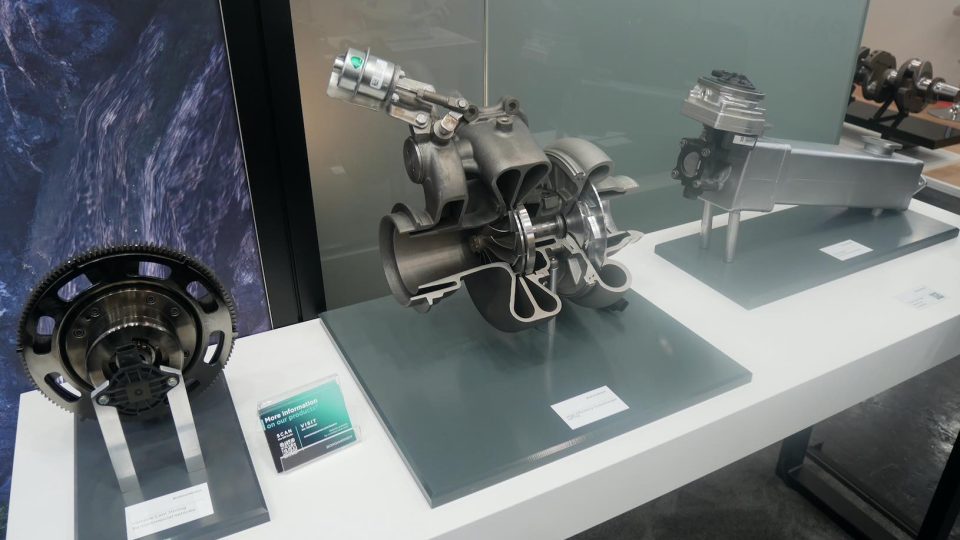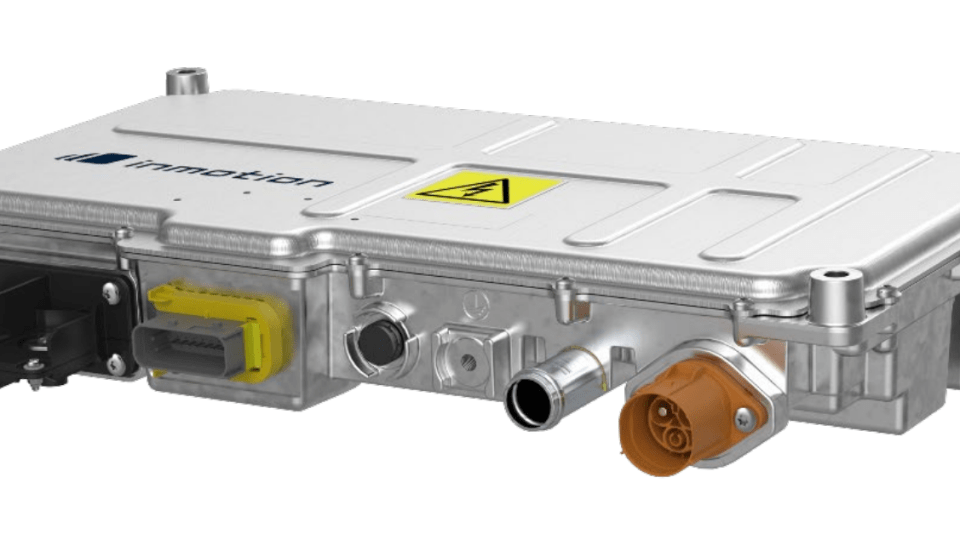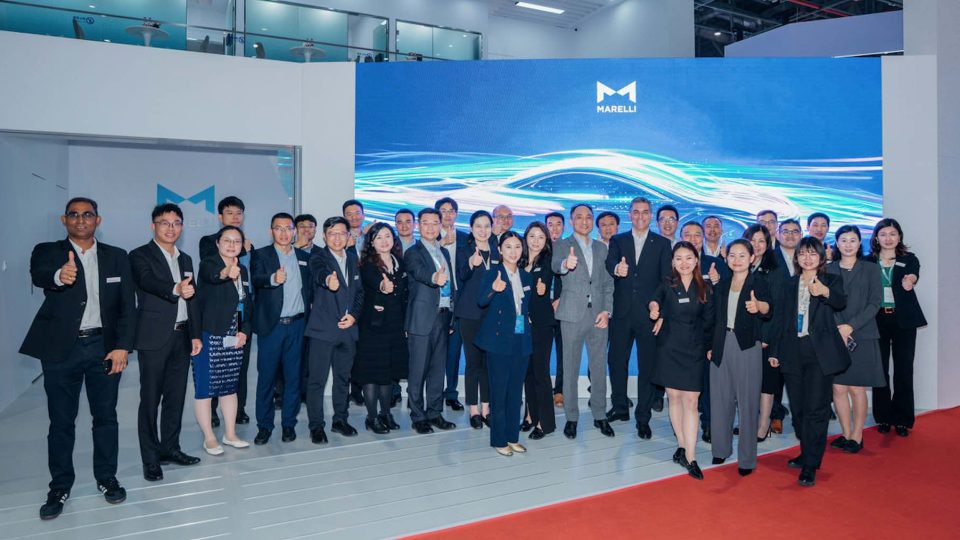Liebherr injectors convince in field test
Liebherr’s LI3 common rail injector impresses in the field test with an above-average runtime of 20,000 hours when used in an Australian iron ore mine.
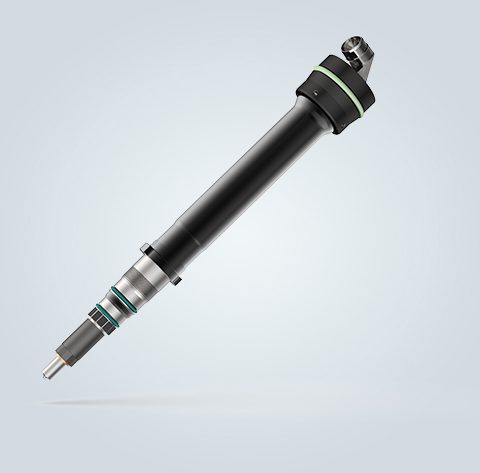
In one of the many mines in Western Australia, Liebherr’s LI3 common rail injector demonstrated its full performance potential. During the real-life test, which took place in cooperation with one of the world’s largest mining companies, this injector technology drove Liebherr’s 12-cylinder diesel V-engine. The D9812 installed in the Liebherr R 9400 mining excavator reached the planned end of its service life after 20,000 hours. But not the LI3 injectors installed in it. In this endurance test, they exceeded their previous service life by an impressive 25%.
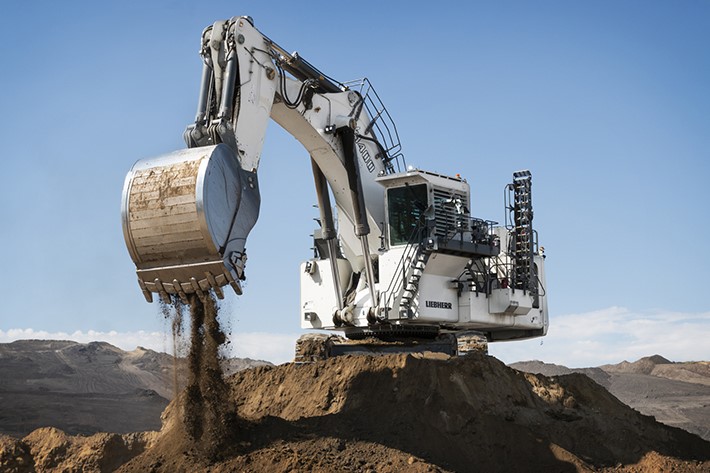
“We actually define the service life of our injection technology for large diesel engines as 15,000 hours,” explains Nicolas Couanon, senior project manager for fuel injection systems at Liebherr. This corresponds to the standard for components used in off-highway applications. During the practical test in the Australian iron ore mine, the test setup also provided for replacement of the injectors after this period. “However, the test protocols showed a continuously constant injection performance. Therefore, we decided that replacement was not necessary and were proven right – the LI3 exceeded its service life by an additional 5,000 hours with a new runtime record,” reports Couanon.
Liebherr LI3: exceptionally reliable and robust
The LI3 common rail injector platform was designed by Liebherr’s components product segment specifically for large diesel applications, operating in harsh environments. Harsh is certainly the right expression of the climate in the Pilbara region of Western Australia. Summer temperatures of 40 °C and more are just as much part of the typical climate as flash floods or tropical cyclones – the best conditions for demonstrating the robustness of Liebherr’s large diesel injectors. Equipped with a double-walled housing, flat-seat control valve and coated components, the LI3 can withstand vibrations with impact loads of up to 10 g. In addition, the entire injector platform is continuously leak-free and tuned to minimize control leaks, which makes a significant contribution to engine efficiency. “This is also confirmed by the results from the field test and show significant fuel savings,” summarizes Nicolas Couanon. “Everyone involved was extremely satisfied with the results of the two-year test phase”.







